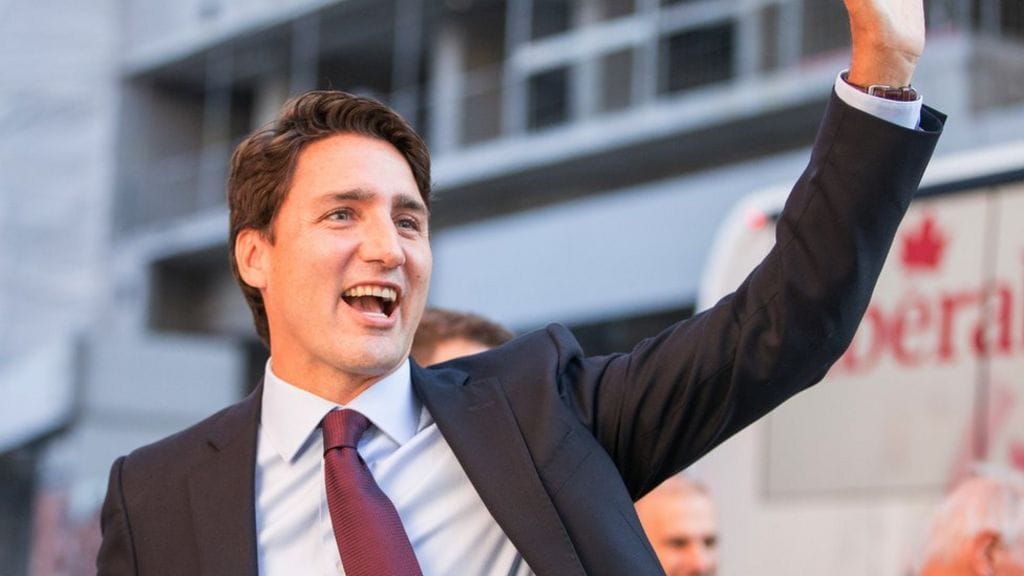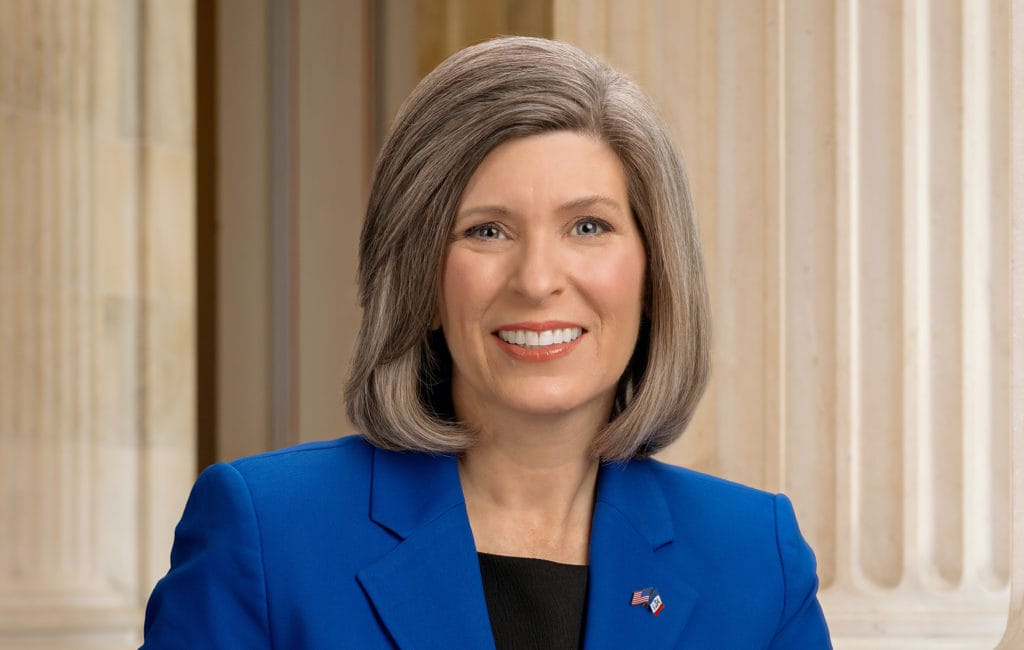The resignation of Prime Minister Justin Trudeau marks a significant turning point in Canadian politics. Trudeau, who has been a prominent figure in Canadian governance since 2015, announced his decision to step down amid growing public scrutiny and internal party challenges. His departure has raised questions about the future direction of the Liberal Party and the broader political landscape in Canada.
Trudeau’s tenure has been characterized by a range of policies that have aimed to address climate change, promote social justice, and enhance Canada’s global standing. However, recent electoral setbacks and declining approval ratings have prompted discussions about the effectiveness of his leadership. As Trudeau exits the political stage, the Liberal Party must now confront the challenge of redefining its identity and strategy in a rapidly evolving political environment.
The immediate question facing the Liberal Party is who will succeed Trudeau as leader. Several prominent figures within the party are already being discussed as potential candidates, each bringing their own vision for the future of the party. The selection of a new leader will be crucial, as it will not only influence the party’s platform but also determine how it positions itself against opposition parties. The leadership race is likely to be closely watched, both within Canada and internationally, as it will signal the party’s direction in the lead-up to the next federal election.
In the wake of Trudeau’s resignation, the Conservative Party, which has been the main opposition party, finds itself in a position of opportunity. With a new leader at the helm of the Liberals, the Conservatives may seek to capitalize on any perceived weaknesses or divisions within the party. The Conservatives have been vocal in their critiques of Trudeau’s policies, particularly in areas such as fiscal management and public safety. As the political landscape shifts, the Conservative Party will need to articulate a clear and compelling alternative to the Liberal agenda to attract undecided voters.
Meanwhile, the New Democratic Party (NDP) and other smaller parties may also see this as an opportunity to increase their influence. The NDP has traditionally focused on social justice issues and environmental sustainability, and with the Liberal Party potentially vulnerable, the NDP may aim to capture the progressive vote that has been a cornerstone of Trudeau’s support. The Green Party may also find a moment to amplify its message, particularly in light of increasing public concern over climate change.
Public sentiment will play a critical role in shaping the future of Canadian politics. With the resignation of a long-serving prime minister, many Canadians may feel a sense of uncertainty about the direction of the country. Economic challenges, including inflation and housing affordability, remain pressing issues that any new leadership will need to address. The ability of the incoming leader to connect with Canadians and demonstrate a clear plan for tackling these challenges will be essential for regaining public trust.
In addition to domestic issues, Canada’s role on the global stage will also be influenced by the transition in leadership. Trudeau’s government has focused on multilateralism and strengthening international alliances, particularly in response to global challenges such as climate change and geopolitical tensions. The new leader will need to navigate these complex international relationships while also addressing domestic priorities. The balance between international commitments and national interests will be a defining feature of the next phase of Canadian governance.
As Canada moves forward, the political landscape will undoubtedly be shaped by the dynamics of party competition, public opinion, and the pressing challenges facing the nation. The choices made by the Liberal Party in selecting a new leader and the strategies employed by opposition parties will be critical in determining the trajectory of Canadian politics in the coming years.
In conclusion, Trudeau’s resignation opens a new chapter in Canada’s political narrative. The implications of this transition extend beyond party lines, affecting the lives of Canadians and the country’s standing in the world. As the nation prepares for a new leader, the focus will be on how effectively they can unite the party, address pressing issues, and regain the confidence of the electorate. The next steps taken by all political parties will be closely monitored as Canada embarks on this new political journey.



